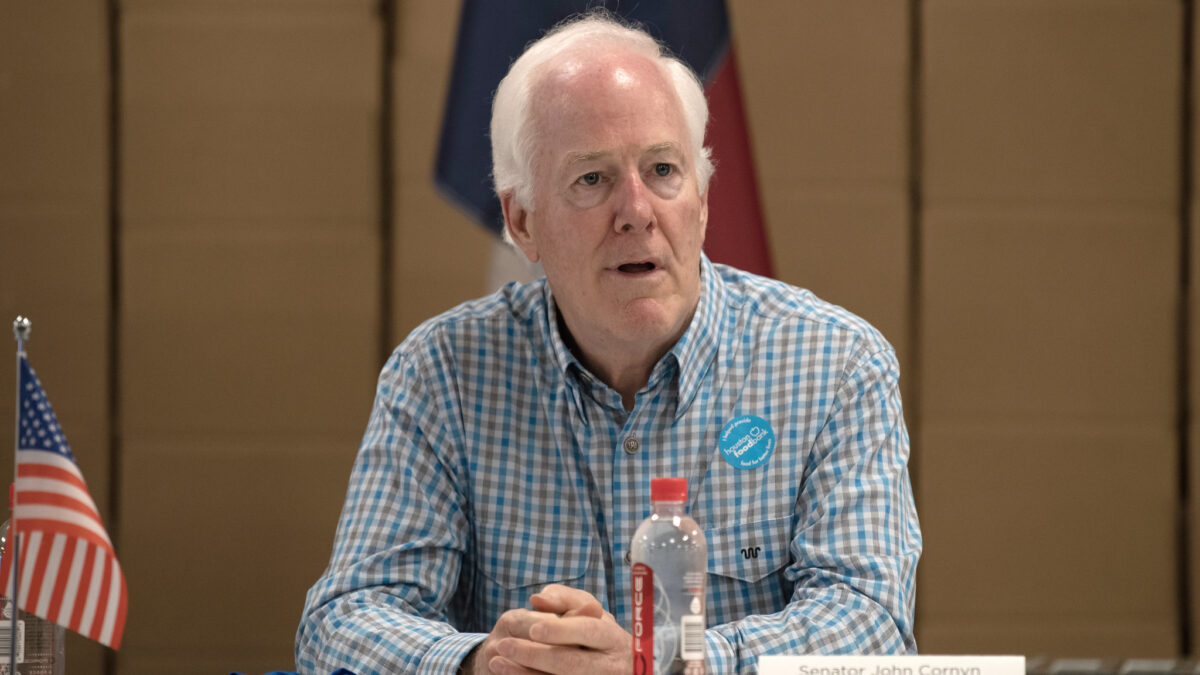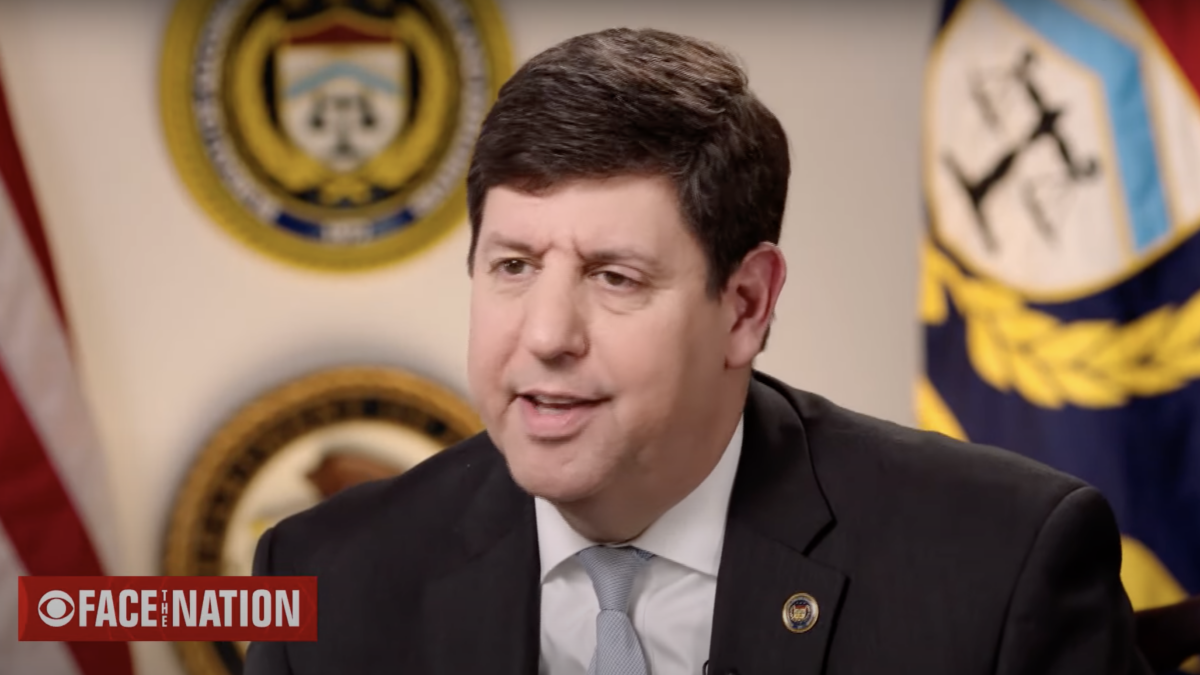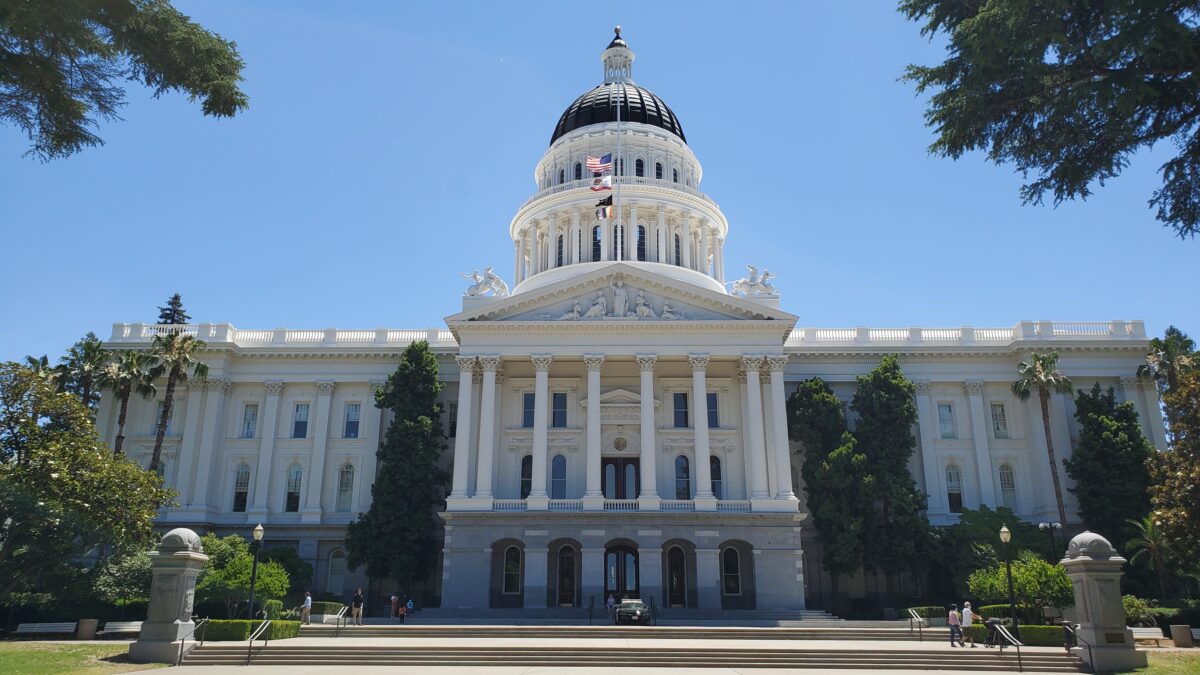
As a resident of Eugene, Oregon, I am heartbroken about the tragedy at Umpqua Community College in Roseburg and grieve for both the lives that were taken and how this will affect that community forever.
After the facts have come out, identities have been revealed, and timelines made clear, we hit the next inevitable stage. The media vivisected the event while it was still warm and painful, delving into the motivations of the shooter, his background, religious beliefs and prejudices, upbringing, high-school grades, social skills, and of course asking the inevitable question: “Why?”
The question seems harmless enough. After all, in the aftermath of such a heinous act, people demand an explanation of what could possibly cause a person to do such a thing. However, behind the question lies another, more naïve one: “How could this happen?” The underlying assumption is that there must be clues, or a collection of factors that combined to create a monster that killed, because only monsters kill.
We all too often hear the term “senseless tragedy” associated with news of a mass killer. Make no mistake: while this is a tragedy, it is in no way senseless, or the person would never have done it in the first place.
Any Explanation But Rational Calculation
In the humanist context of our post-enlightenment culture, we are constantly reminded that since all people are basically good, these horrible people who kill others must be anomalies. They are glitches in a system that is still being perfected, a sum total of mistakes that are no one’s fault—former abuse, mental instability, or a million determining factors and series of unfortunate events that cause someone to lose it so utterly. If people are basically good, then school shooters are exceptions to the rule and we must figure out ways to make sure this never happens again.
People will blow the dust off their old angles and arguments to re-identify causal factors that, if they were only reformed or banned, will fix the problem for good. The problem is, they haven’t truly identified the problem. What’s worse, they never will. If you have an existential worldview that all people are basically good, then mass shootings will always surprise you.
This way of thinking will only allow for two basic reasons: the person was either insane or evil. Even so, don’t make a mistake in thinking that when media commentators on MSNBC call the shooter “evil” they are using the same conceptual term religious people use. Rather, their use of the term denotes a “monster under the bed” kind of evil, one which they themselves could never understand because they’re not that way and could never understand the inner machinations of an evil fiend.
In whittling down the motivations of the moral agent as either insane or evil, they are in effect reducing the shooter’s agency to that of acting out of a complete absence of reason and rationality. By definition, insanity is the absence of reason, in which there can be no premise that rationally supports the conclusion. The same is true of evil, which, in its purest form, does not need a reason for the things that it does; its causation is self-justifying (think the Joker in “The Dark Knight”).
If People Can Be Bad, Shootings Make Sense
So when commentators emit the enlightened expostulation, “How could someone do such a horrible thing?” they are really saying, “I am so pure of heart that I cannot find any reason within myself to understand how someone could do something so awful.” Within the construct of their utopian view, they would be absolutely correct.
But the question is dishonest and doesn’t represent a person truly interested in seeking an answer because the answer may not be one that he likes. In truth, one’s philosophy of the nature of man shapes the lens by which one views his actions, and subsequently corrects his misbehaviors. If you view humankind as basically a bad bunch of eggs, then not only are you not surprised when bad people do bad things, you anticipate it.
This does not even remotely suggest condoning evil actions because they simply result from one’s nature. Quite the opposite. It provides a lens by which to view ourselves as well as each other and enact corrective laws that govern us. The writers of the Second Amendment understood this all too well (as did the author of the Bible) in constructing a system of governance based on laws and balances that makes man’s inherent nature work against itself for the common good. The shooter at Umpqua Community College, just like all the others, was not senseless in his actions—he just had really bad reasons.
Why Bad Choices Make Progressives Nervous
Progressive folks don’t like this philosophy, and I can totally understand why. They don’t like looking in the mirror and seeing a moral agent who is simultaneously capable of either so much good or so much evil.
To admit this as true would bring with it a heap of moral repercussions that most progressives are not intellectually willing to admit. Personal responsibility, self-discipline, free will—any of these concepts are enough to make a liberal start nervously googling the first meme that supports his or her view. C.S. Lewis stated, in “The Case for Christianity,” “That means creatures […] can go wrong or right. Some people think they can imagine a creature which was free but had no possibility of going wrong, but I can’t. If a thing is free to be good it’s also free to be bad. And free will is what has made evil possible.”
Taking a free-will approach demands that one condemn a mass murderer’s actions and motives as morally inexcusable while soberly self-examining the potential within all human beings for either good or ill. This outlook also provides a comprehendible context in the aftermath of a horrible tragedy, and allows one a moral framework through which to grieve.









